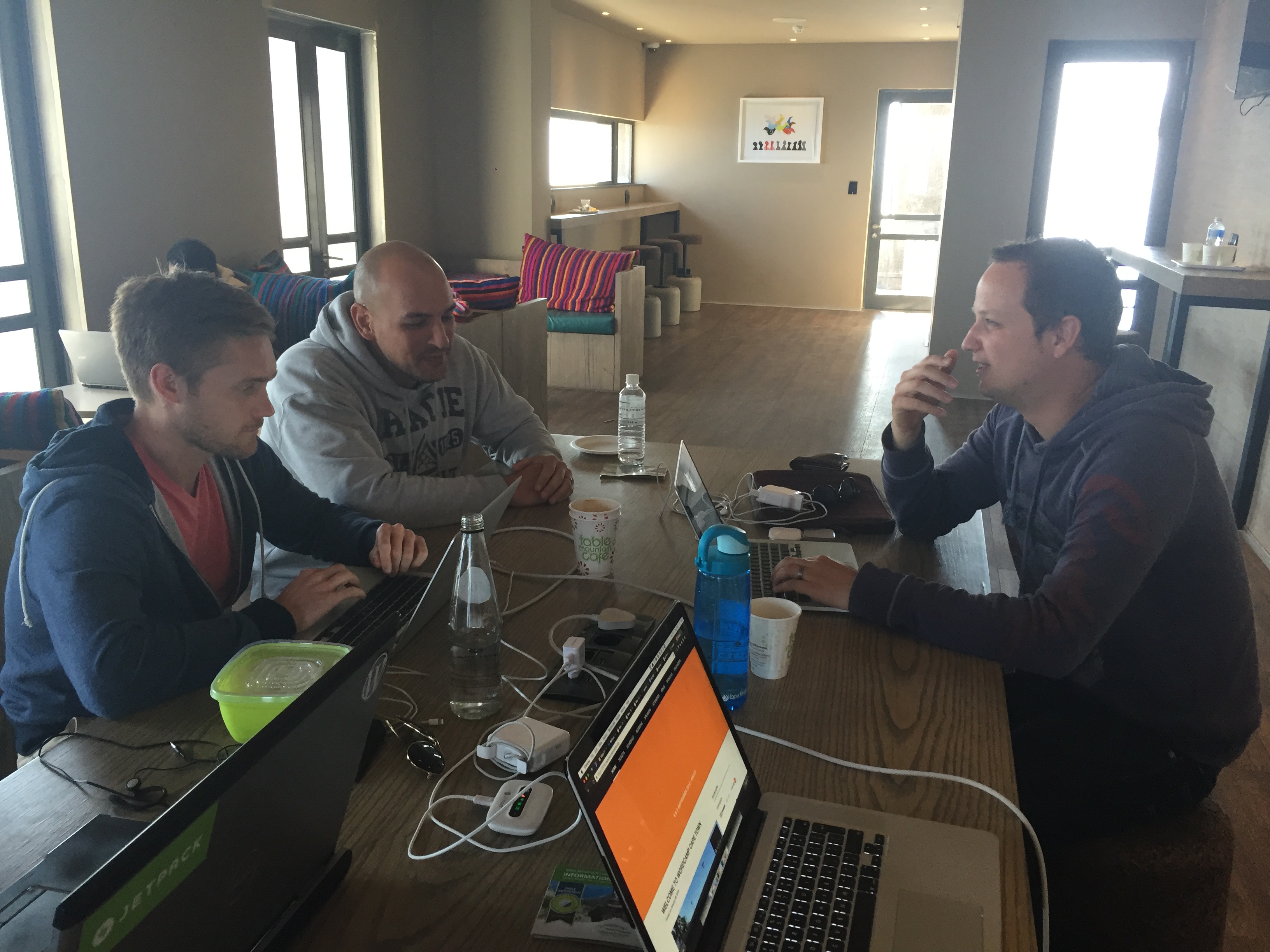This year, we want to make sure we don’t lose time with installing software or sorting out finding a pen, so we’ve prepared a list per workshop track of things to do/bring in preparation. If it looks a bit daunting, don’t forget that each track has 4 workshops; you won’t need all of these things for every workshop.
User
Needed for most workshops:
- Pen and paper
- Laptop
- Local installation of WordPress (can easily be done with DesktopServer for both Mac and Windows, tutorial here) with default theme (TwentySixteen) installed
Needed for specific workshops:
- Selling anything online, with WooCommerce
- Idea of what you want to sell online
- Install WooCommerce locally, but do not activate
- WordPress Customisation for Dummies (Like Me)
- Install Simple Custom CSS locally
- Install Child Theme Configurator locally
- Integrating OroCRM into WooCommerce
- Twitter account
Intermediate developer
Needed for most workshops:
- Pen and paper
- Laptop
- Local installation of WordPress (WAMP, MAMP, Vagrant or DesktopServer)
- Default WordPress with TwentySixteen theme and Hello Dolly plugin active
- Any valid code editor (Notepadd++, SublimeText, PHPStorm, Atom)
- GitHub account
Needed for specific workshops:
- Building blocks of development: The process of identifying, reporting and fixing bugs
- On the test site, install this plugin
- Development for Designers
- Designing software (Photoshop, Sketch, Node, or free software: Gimp)
- The benefits of using a WordPress Framework like Genesis
- Access to #wcct-genesis on WP South Africa Slack (sign up here)
- Download the files from the channel
Advanced developer
Needed for most workshops:
- Laptop
- Local installation of WordPress (WAMP, MAMP, Vagrant or DesktopServer)
- Default WordPress with TwentySixteen theme and Hello Dolly plugin active
- Any valid code editor (Notepadd++, SublimeText, PHPStorm, Atom)
- GitHub account
Needed for specific workshops:
- Taking WordPress to the App Store
- Add 3 dummy posts with title, content, excerpt and featured image to the test site
- Install AppPresser plugin
- Create free Adobe Phone Gap Account
- Fork and clone this repo
- A Basic Introduction to Continuous Integration with WordPress
- Fork and clone this repo
- Leveraging the Settings API
- Way to build and test plugin
